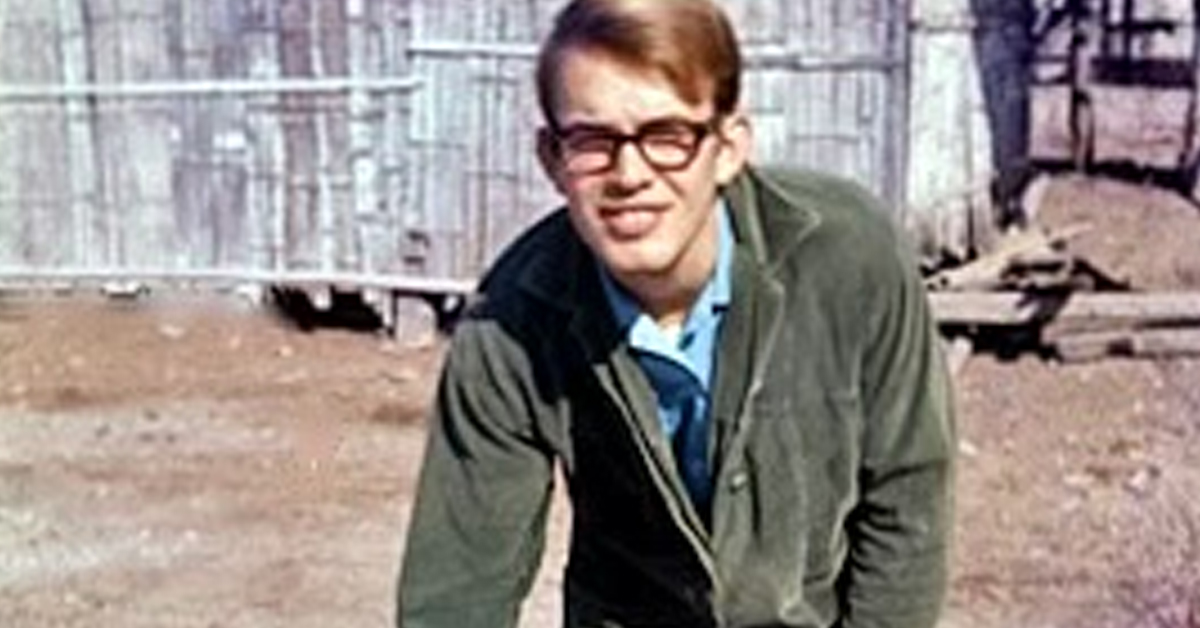
If you scroll through my Facebook page, you will discover that my posts stretch from over a decade ago to the one you are now reading. You will also notice that the posts express my reflections on books, ideas, and, occasionally, film.
I sometimes post things from my personal life too. However, long experience in pastoral ministry trained me to hold family and personal opinions at an arm’s length from the public. I’m not saying that was healthy. It is a feature of pastoral life though.
I imagine most pastors long for safe ways to let their hair down. A few hours of speaking one’s unedited, half-baked thoughts with a friend reconnects a person to himself. Unfortunately, parish life teaches us that pastors do not have to wait until the last judgment for “that which is spoken in secret to be shouted from the housetops.”
In pastoral life, “that which is spoken to a friend in a coffee shop shall be published to the world before sunset.” Political opinions, hints of depression, concerns about one’s family, financial worries, and struggles with some romantic infatuation – human stuff – cannot be shared. Such things will resurface, often out of context, usually exaggerated, during some church squabble or doctrinal disagreement.
Pastors learn to clam up. Wear a poker face. Absorb opinions they do not share, deflect anger without retaliating, and respond in ways that do not provoke. These reactions form the “the preacher face,” that inscrutable screen that reflects a viewer’s expectations without revealing what lies beneath.
In time, a pastor can become an empty suit. The person inside nearly disappears. Finally, not even the pastor himself is certain about what he feels or thinks. If this process goes too far, the person inside that suit either disappears or discovers that a temptation to reconnect to his eroding humanity – wholesome or not – becomes impossible to resist.
I reached this point in my mid-forties, and something had to give. I had to recover myself.
After spending a week in a mental health facility, I began making changes. I decided to find a new career, embrace my real self, and live with the consequences.
I intended to become a psychologist, though I had no idea what that would do to my pastoral ministry. But after witnessing dozens of screwed-up messes in church work – affairs, financial improprieties, drugs, political machinations that would shame the mafia, and the unbearable suppression of critical thought and intellectual formation – I had to do something.
After a while, I began experiencing not only an intellectual awakening, but a spiritual one. These resulted mostly from therapy sessions. The groups were as powerful, sometimes more so, than one-on-one interactions with therapists. In these sessions, I gradually explored the implications of my life experiences, theological beliefs, and emotional life.
When I finished my doctorate, I was older than most of the professors.
These different components of life – ministry, theological studies, psychology and philosophy texts, personal experiences with God and other people, and a growing awareness of my mortality – had torn down the sealed-off components of my inner life. My heart and mind began to communicate with one another. My emotions began to connect with my thought and lead to changed behavior – and opinions.
I have shared some of this with the churches I served. It resonated with a few, alienated some, and left others without much of an opinion one way or the other. I realize that many, perhaps most, of the people I served would have preferred that I remain as I had been before hitting the wall. I know however, that I would have not retained my faith, perhaps not even my life, had I continued to embrace the unreflected, superficial, spin version of church work and spirituality that had become the norm in many of our churches.
I retired from church work five years ago. Since then, I speak in churches and care for pastors and other kinds of church leaders. I also write.
As you know, Facebook can be a brutal place for expressing much of anything. This aspect of social media sometimes triggers old anxieties about church squabbles. However, I have persevered, and the trolls seem fewer now.
Faith in the Age of AI came out of all of this, a compilation of my wrestling matches with the emerging culture of a new millennium in the light of my faith.
I want to build a conversation around this book. I want that conversation to include people who agree with me and people who not do. I want to hear the insights of scientists, bus drivers, schoolteachers, theologians, lawyers, and undertakers – anyone who wants to talk honestly (and respectfully) about life, culture, and faith.
I will keep posting on Facebook, but I am also building a place to take the conversation deeper – with video, essays, and other kinds of interactive material.
My publisher is helping me learn how to do all of this. Perhaps you have ideas as well.
